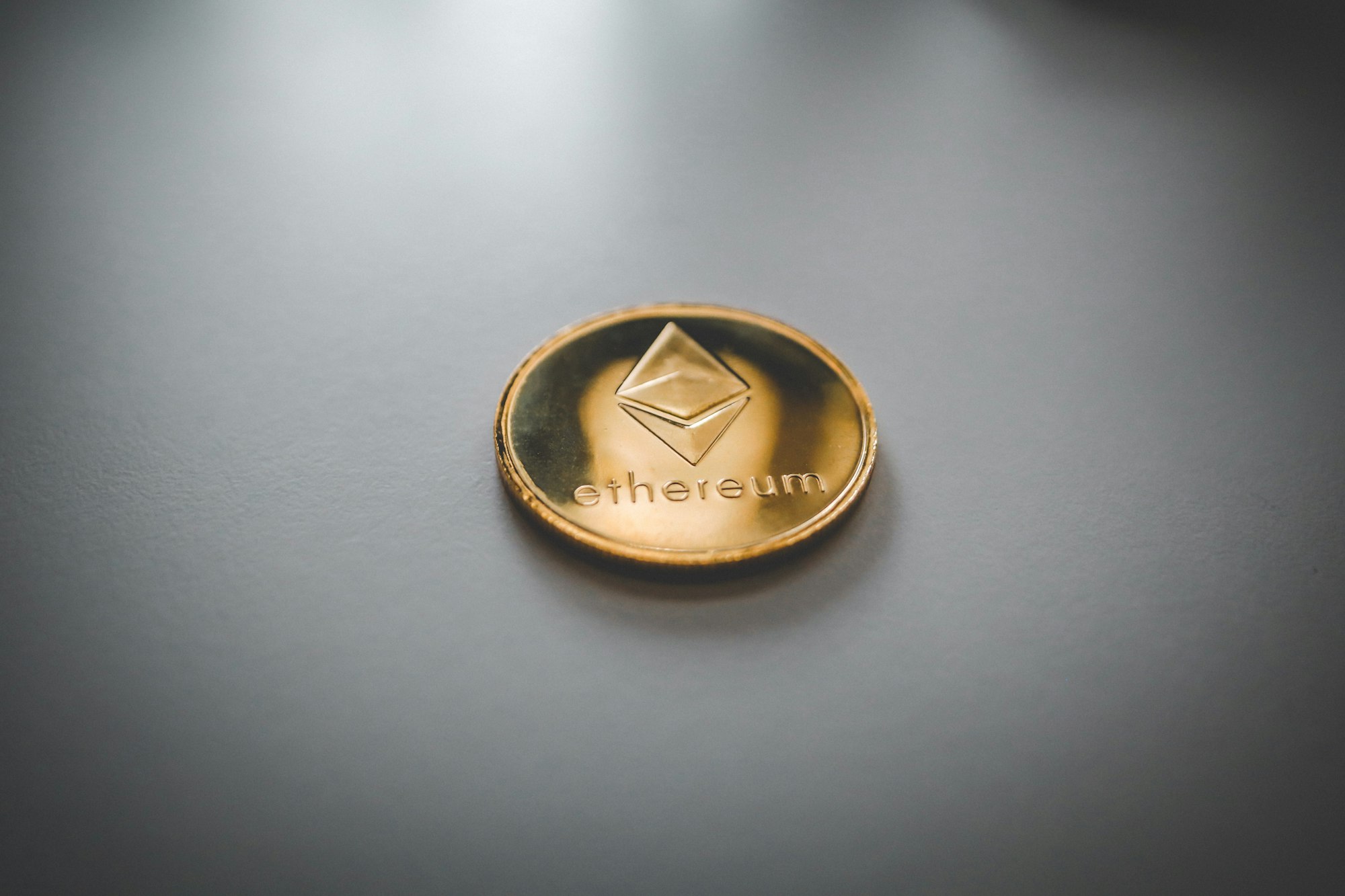Ethereum Classic (ETC) is a decentralised, blockchain-based, open-source computing platform, as well as a cryptocurrency. It allows developers to build and deploy smart contracts—autonomous, self-executing code blocks that trigger certain actions based on predefined conditions.
The ETC network is permissionless, meaning that anyone can join and execute transactions, as long as they have a compatible crypto wallet. It was formed in 2016, due to an ideological and technical split within the Ethereum community, following the infamous DAO attack.

The Birth of Ethereum Classic
Using smart contracts, it is possible to build a Decentralised Autonomous Organisation or DAO on Ethereum. In simple terms, the governance and decision-making apparatus of a DAO is codified and doesn't require human interventions, so to say.
In 2016, the German startup Slock.it launched its DAO project on Ethereum, known as "The DAO". While the project raised over $150 million in crowdfunding, hackers exploited a loophole in its smart contract, stealing $50 million in the process. In order to restore the funds, most Ethereum users—including founders Vitalik Buterin and Gavin Wood—supported a radical change in the blockchain’s base protocol or a hard fork. This resulted in the formation of the new Ethereum (ETH) chain.
However, a section of the community remained opposed to the fork, choosing instead to stand by the principle of “Code is Law”. Asserting that blockchains cannot be bent according to human whims, they remained on the old chain and renamed it as Ethereum Classic (ETC).
Since Ethereum Classic preserves the old code of the Ethereum blockchain as it was until the DAO attack, it is often regarded as the “original” Ethereum crypto.
What is the difference between Ethereum Classic vs Ethereum?
What is the difference between Ethereum and Ethereum Classic? In terms of basic functionalities, ETC and ETH are the same. For instance, developers can use the open-source code to develop and run their decentralised applications (dApps). They can also create ERC-20 tokens for their applications.
Ethereum Vs Ethereum Classic
For a deeper understanding of these capabilities of ETH, read our guide: What is Ethereum?

Having said that, Ethereum Classic’s primary differentiating factor is its incompatibility with updates on the ETH blockchain. By definition, a hard fork is a backwards-incompatible update. By implementing a new set of rules, the new chain—along with its users (nodes)—is completely cut off from the original chain. Thus, the original chain (Ethereum Classic) cannot access any updates happening on the new chain (Ethereum).
Now, one might ask: What is the need for ETC then, if it cannot be updated? As already mentioned, the foundation of the Ethereum Classic is more ideological than anything else. Its greatest relevance, or significance, so to say, lies in preserving the original and unadulterated Ethereum code. In this sense, ETC serves as an unaltered historical record of the Ethereum network.
The Original Ether — ETC

The native cryptocurrency of Ethereum Classic is also called Ether which can lead to a great deal of confusion. However, the difference lies in their ticker symbols. While the new Ether is denoted as ETH, Ethereum Classic’s crypto is listed as ETC.
In terms of functionalities, both ethers are the same. For instance, Ethereum Classic users pay the gas price for conducting transactions using ETC. Lastly, one can do everything with ETC that they can also do with any other crypto.
ETC is listed on bitFlyer, where you can buy, sell, or trade using this cryptocurrency. If you are interested in the “original Ether”, sign up on bitFlyer today.
Disclaimer:
The information contained in this article is for general information purposes only. bitFlyer EUROPE S.A. are in no way affiliated with any of the companies mentioned herein. Neither does bitFlyer assume any responsibility nor provide any guarantee for the accuracy, relevance, timeliness or completeness of any information provided for by these external companies.
You accept that you are responsible for carrying out your own due diligence when investing. bitFlyer shall in no way be responsible for any acts taken on account of this article nor does bitFlyer provide any investment advice for its users.






